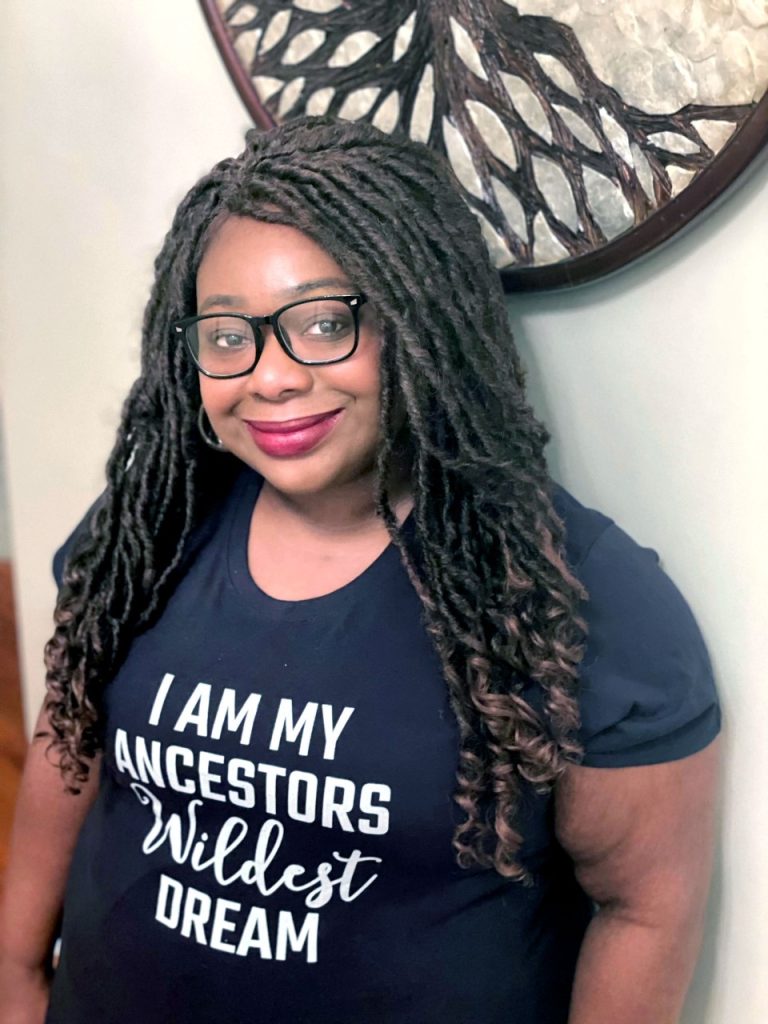Patricia S. Terry is currently the assistant director of Curriculum Management & Assessment at the Fox School of Business and serves as the Chair of the Fox/STHM School’s Diversity, Equity, & Inclusion Council. Patricia is a Temple alumna and earned her BA from the College of Liberal Arts. She is currently in pursuit of a graduate degree in education and a certificate in Institutional Effectiveness from the College of Education and Human Development. Patricia has worked in higher education for over a decade focusing strategically on undergraduate curriculum, training, and assessment design.
The Juneteenth holiday commemorates June 19, 1865, the date that federal troops arrived in Galveston, Texas, to free the remaining enslaved people in the U.S. at the end of the American Civil War. While we should absolutely celebrate this momentous event in our history, it is also imperative that we acknowledge the tragedy of chattel slavery and its impact on generations of people of African descent both here and across the world.
My parents are from Sierra Leone, a former British colony, which has a significant place in the history of the transatlantic slave trade. Its capital, Freetown, was established in the early 19th century by abolitionists with support from the British government to repatriate formerly enslaved people from England and the U.S. to their homeland. Bunce Island, a 40-building castle-like trading post off the coast of Sierra Leone, sent tens of thousands of captured Africans to the Caribbean and the U.S. According to Free Slaves, Freetown, and the Sierra Leonean Civil War by Joseph Kaifala, at the height of its operations, it was one of the largest slave-trading posts in West Africa.
I share this to reflect on my own unique experience as an African American who, to the best of my knowledge, is not a descendant of formerly enslaved people. However, not being a direct descendant does not mean that I am not intrinsically connected to the legacy of slavery, nor am I exempt from the toll it has had on my life and the lives of other people of African heritage.
The effects of slavery are evident in American life in the systemic racism and marginalization of people of color that still permeate our lives, culture, and institutions. Yet we rarely reflect on the long-term effect that the slave trade, rampant exploitation, and colonization had on the African continent and its people. According to World Bank metrics, Sierra Leone consistently ranks as one of the poorest countries in the world. In fact, all 20 countries at the bottom of the low-income category are in Africa.
This is not to say that these are not complex and multi-faceted issues. However, to move forward, we need to acknowledge the adverse impact the transatlantic slave trade had on Africa itself. We can do this by continually educating ourselves about the history of this period using authentic and accurate sources and scholars.
Though the formal recognition of this holiday last year is a step in the right direction, there is still much work to be done by us as individuals and within our communities. The work will continue to be uncomfortable and for many, difficult to reconcile with the rich and complex history of this country. However, there is no growth or change that is not without its challenges. Let us continue to shed light in these dark places so we can celebrate the successes as well as acknowledge the struggles of Africans and people of African descent across the diaspora.
